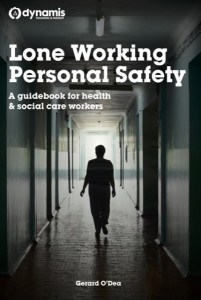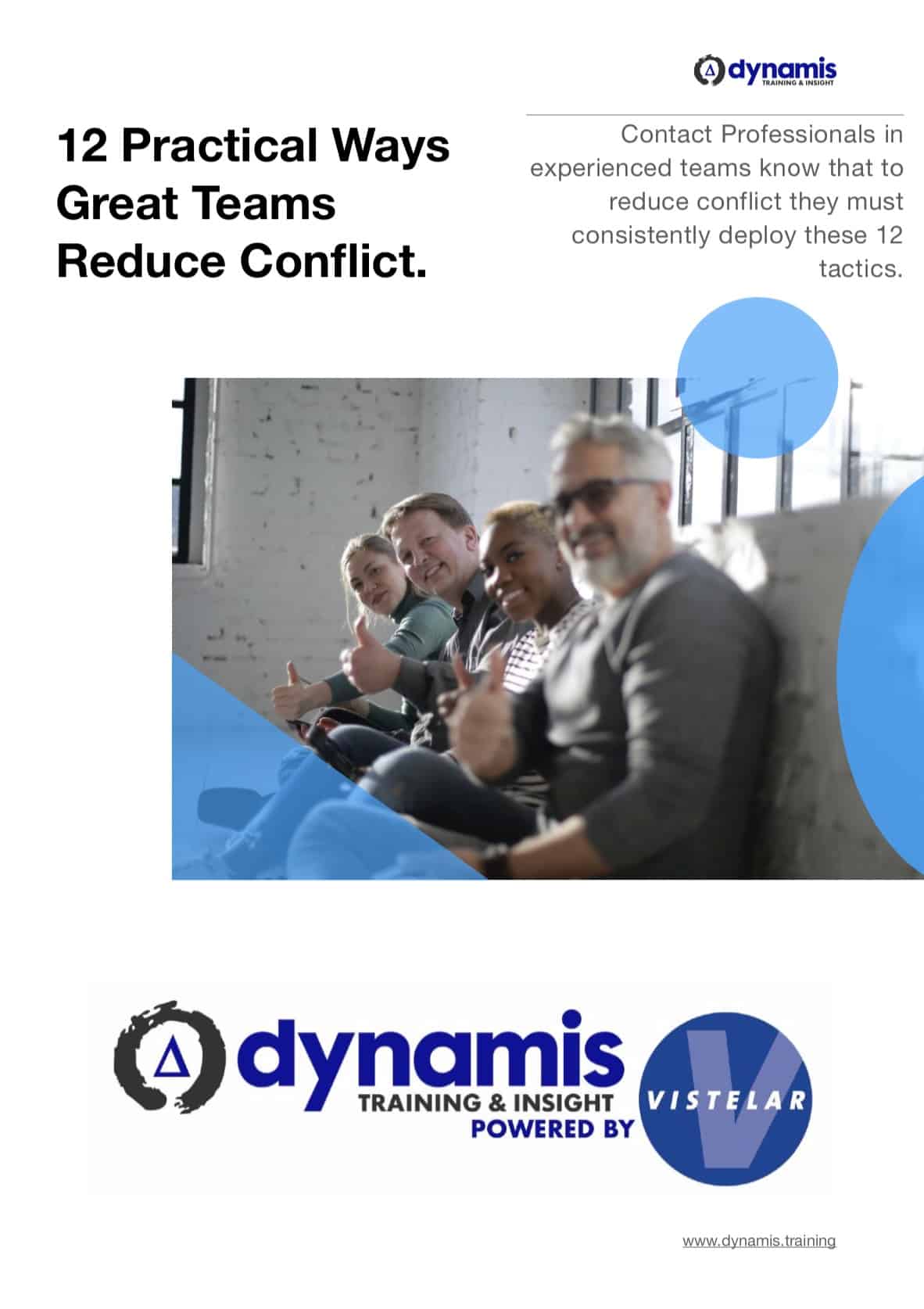Assault Prevention is a key issue in healthcare and social care environments. In multiple research studies (see Breakaway – a fresh approach?), it has been found that over 50% of assaults on healthcare workers are kinetic: punches, slaps and kicks. Knowing this is important as it allows you to spend the right amount of training time on the types of incident which are prevalent and which pose the greatest risk.
Assaults: Mental Health staff are most likely to be assaulted, followed by Learning Disability, then A+E staff.
Historically, “Breakaway training” is a part of the wider “Control & Restraint training” (adapted from Ju Jitsu in the 1950s in the UK). There was Home Office adoption of training for the Prison Service in 1981, followed by the 4 UK High Secure Hospitals from 1985 onwards and the concept of training in tactics cascaded ever downwards to schools, care homes and other services.
5 UK studies have attempted to evaluate the effectiveness of breakaway training in mental health. Only one found any difference; that staff felt satisfied and slightly more confident as a result of the training (Southchott et al 2002)
In a study by Rogers (Rogers_Breakaway_Study) there were important findings about retention of knowledge and technique, about the suitability of the techniques to the actual events that were happening, and about the ‘correctness’ of recall when the staff actually did need to breakaway from service users or patients.
If your team are facing this kind of violence at work then a Breakaway and Self-Protection course which teaches practical and effective methods for surviving the most common and most dangerous assaults may be well worth looking into.
———————————————-
Gerard O’Dea is a conflict management, personal safety and physical interventions training consultant. He is the training director for Dynamis, a specialist in personal safety and violence reduction initiatives and the European Adviser for ‘Verbal Defense and Influence’, a global programme which addresses the spectrum of human conflict. www.dynamis.training
Gerard’s book on Lone Worker Personal Safety is available on Amazon Kindle and Paperback.



